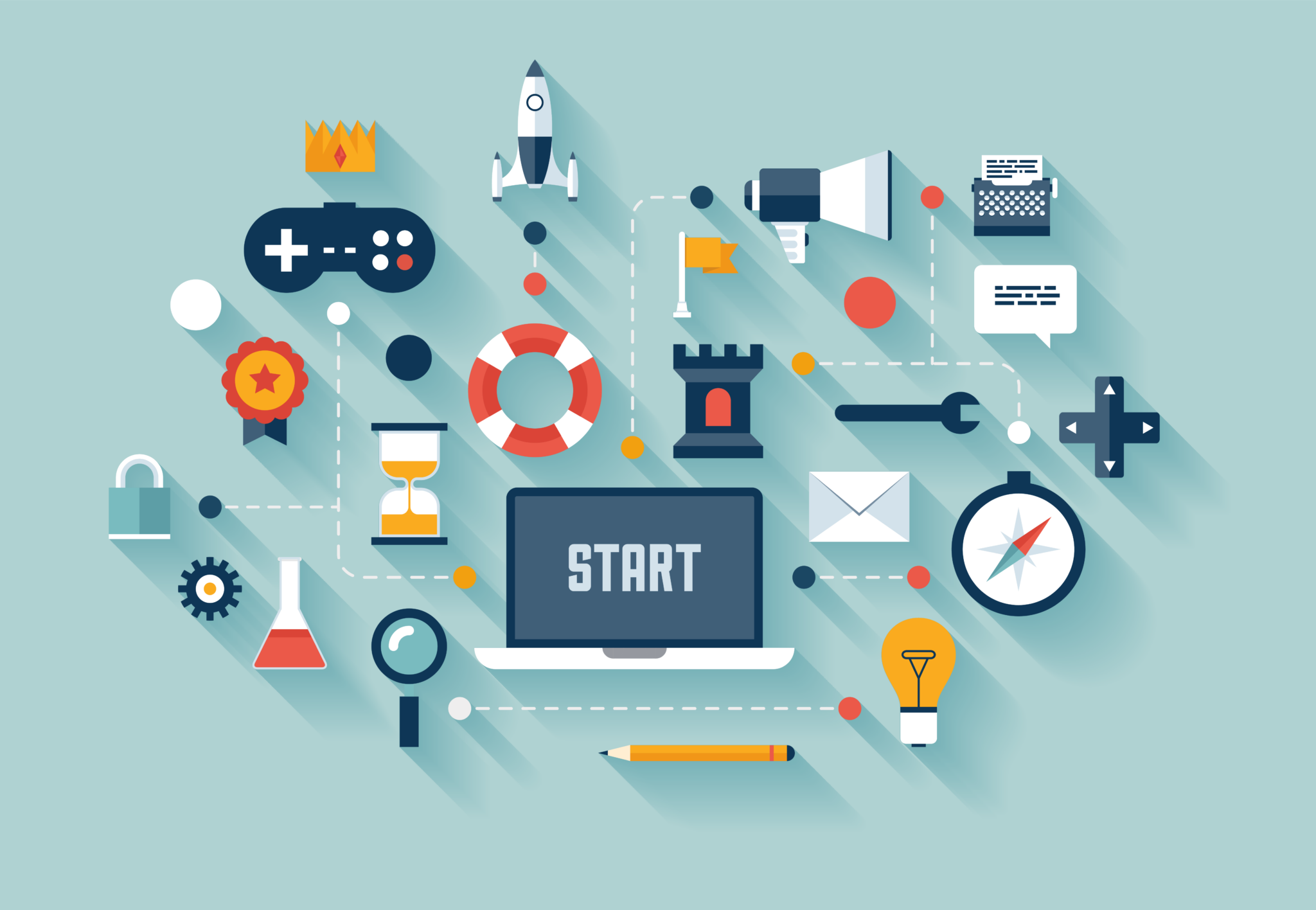Unlocking limitless learning potential in immersive environments
In the face of mounting criticism suggesting that global training platforms are nothing more than distractions, a recent study has provided confirmation that this contemporary approach to training can, in fact, significantly enhance both workforce and organizational performance.
As traditional training methods appear increasingly outdated and lose their appeal among the current workforce, gamified training platforms are gaining traction worldwide. KPMG, an employer that has embraced this innovative training approach, has recognised that conventional methods of disseminating content can be uninspiring and challenging for employees to absorb.
Chris Shuster, who served as the Director of KPMG Learning and Development Advisory at KPMG in the US at the time, remarked, “In most organisations, employees anticipate that mandatory training will be a tedious and lackluster experience, resulting in a lackluster learning culture.”
In response to this issue, KPMG launched a global gamified learning app called “KPMG Globerunner,” designed to help employees enhance their understanding of the firm’s service offerings in a fun and engaging manner.
Schuster, now the Managing Director of Human Capital Advisory at KPMG US, emphasised, “Game-based learning offers the opportunity to reignite interest in learning, tap into learners’ competitive instincts, and promote higher engagement and satisfaction in the learning process.”
KPMG Globerunner is a single-player game in which users embark on a worldwide race, encountering questions about the firm’s service capabilities. Players can advance, earn points to unlock new locations, achieve milestones, and secure a place on the global leaderboard. KPMG reported that employees not only enjoyed playing the app but also acquired knowledge and developed more favorable perceptions of the organisation.
According to their report, the knowledge gap between countries was halved, while the knowledge gap between different staff levels decreased to just 4%.
An overwhelming 89% of participants expressed that the app left them with a “positive impression of KPMG as an innovative place to work.”
Remarkably, the app’s appeal extended beyond junior employees, resonating with senior managers and directors as well. In fact, this group reported the highest percentage of “power users,” meaning they could answer over a hundred questions.
A 2022 study on KPMG’s Globerunner also confirmed that the use of training platforms “improves office performance,” yielding the following benefits:
- A 35.8% increase in collected fees
- A 16.3% growth in the number of clients
- A 22.3% rise in the number of opportunities from new clients.
The study acknowledged, however, that the impact on performance may take time to become evident and that leadership participation can influence its effectiveness.
“The results suggest that gamified training can motivate employees in highly engaged offices to train harder to enhance their performance, and its effectiveness can be amplified if leaders actively participate,” the study explained.
KPMG emphasised that integrating game elements into user experiences can effectively engage individuals, encourage desired behaviours, and facilitate the achievement of organisational objectives.
Shuster conceded that gamification is not a “one-size-fits-all” solution and may not address all types of learning objectives. However, he noted, “Games are an excellent way to introduce new learning concepts, enhance live training experiences, and reinforce key concepts over time.”
According to KPMG, gamifying training should be viewed as “just one tool in the toolbox” as part of a broader, organisation-wide learning and training programme.





